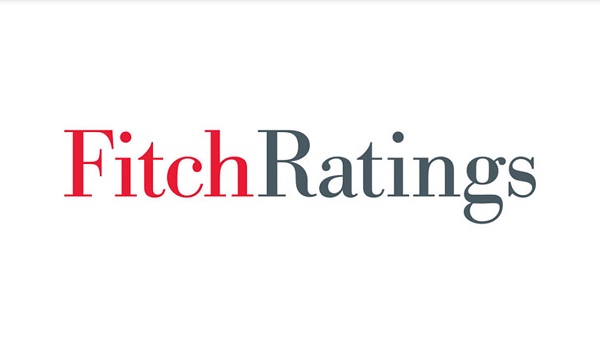
On Saturday 12 February 2022, Luxembourg's Ministry of Finance confirmed that the international credit rating agency Fitch has affirmed Luxembourg's credit rating at "AAA", with a stable outlook; the Grand Duchy therefore retains the best possible rating.
Like Fitch, other rating agencies such as S&P Global and DBRS Morningstar, recently assigned this rating to Luxembourg. According to Fitch, this AAA rating reflects high per capita income, long-sighted crisis management and solid public finances.
Luxembourg's Minister of Finance, Yuriko Backes, commented: "The new confirmation of the AAA rating by an international rating agency shows that the government's economic and fiscal policy continues to bear fruit. Luxembourg remains attractive thanks to its political and economic stability and its capacity for permanent innovation".
Fitch justified this result as follows: "The measures taken by the government in the context of the pandemic have made it possible to support the Luxembourg economy without compromising the soundness of public finances. The Grand Duchy has a relatively high vaccination rate in international comparison and the government began a gradual reduction in health restrictions on 4 February".
Moreover, Luxembourg continues to display the lowest public debt ratio among AAA-rated countries. According to Fitch, the Grand Duchy would be one of the first countries in the European Union (EU) to achieve a balanced budget balance, after recording a deficit of -3.5% of GDP in 2020. Fitch has forecast surpluses for administrations of +0.5% and +0.7% in 2022 and 2023 respectively. The agency also said it expected real GDP growth of 3.5% this year, followed by 2.6% in 2023, while the average real GDP growth between 2015 and 2019 was 2.8%.
Finally, the risk of a possible deterioration in public finances and investment flows, in particular due to the reform of international corporate taxation decided on at the level of the Organisation for Economic Co-operation and Development (OECD) and the G20, is, according to Fitch, "largely mitigated by public health, a solid banking system and the good financial situation of households, which have one of the highest savings rates in the euro zone".








